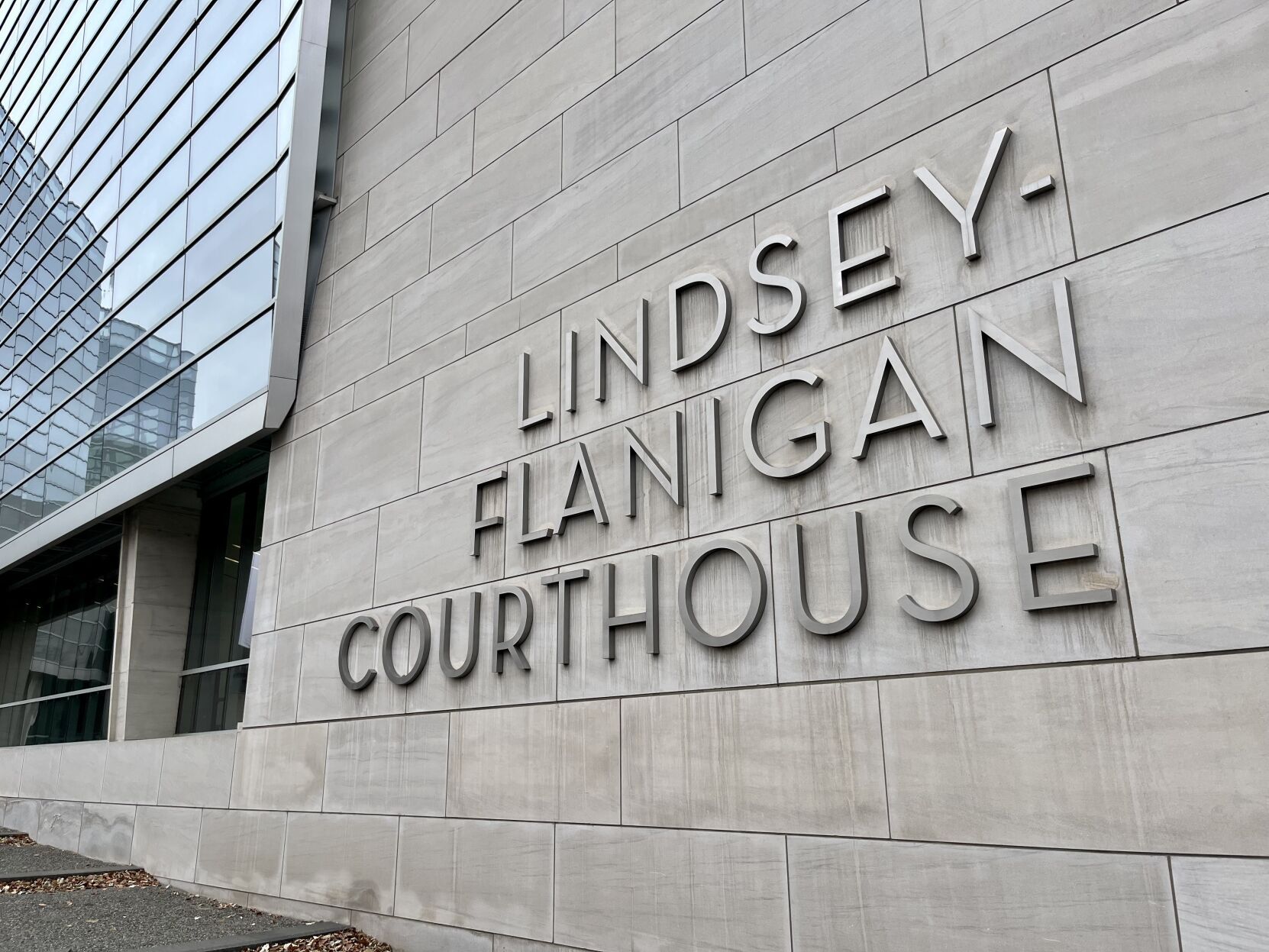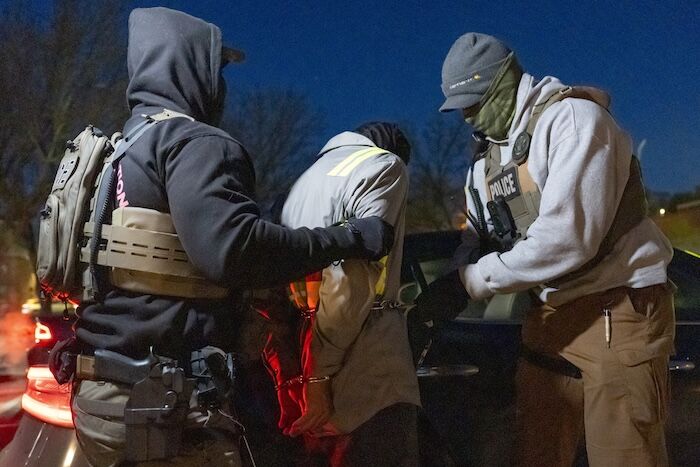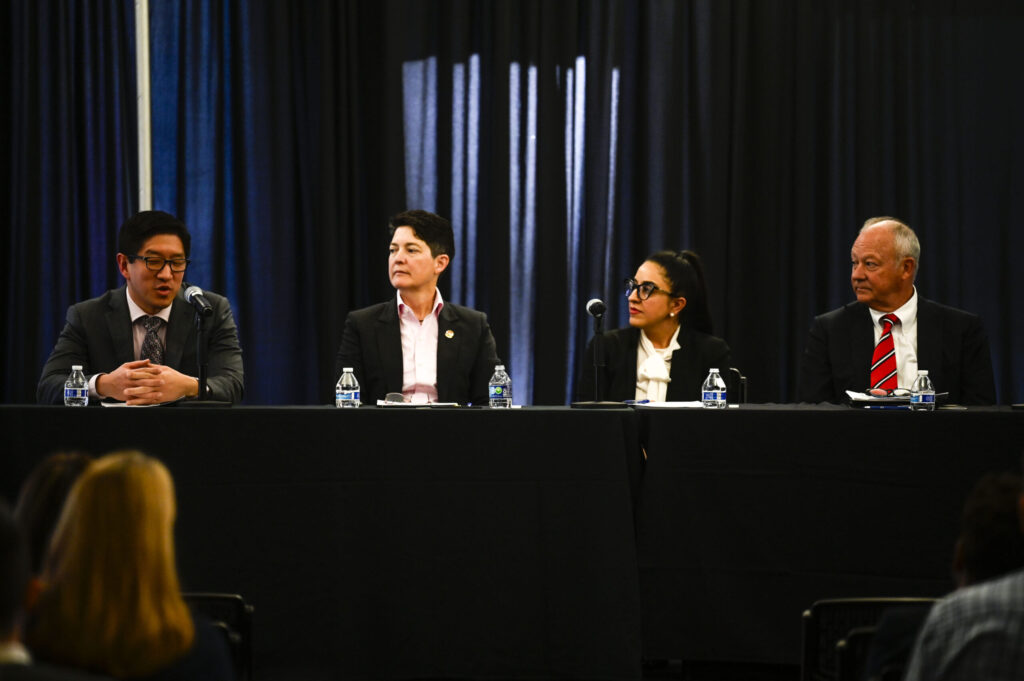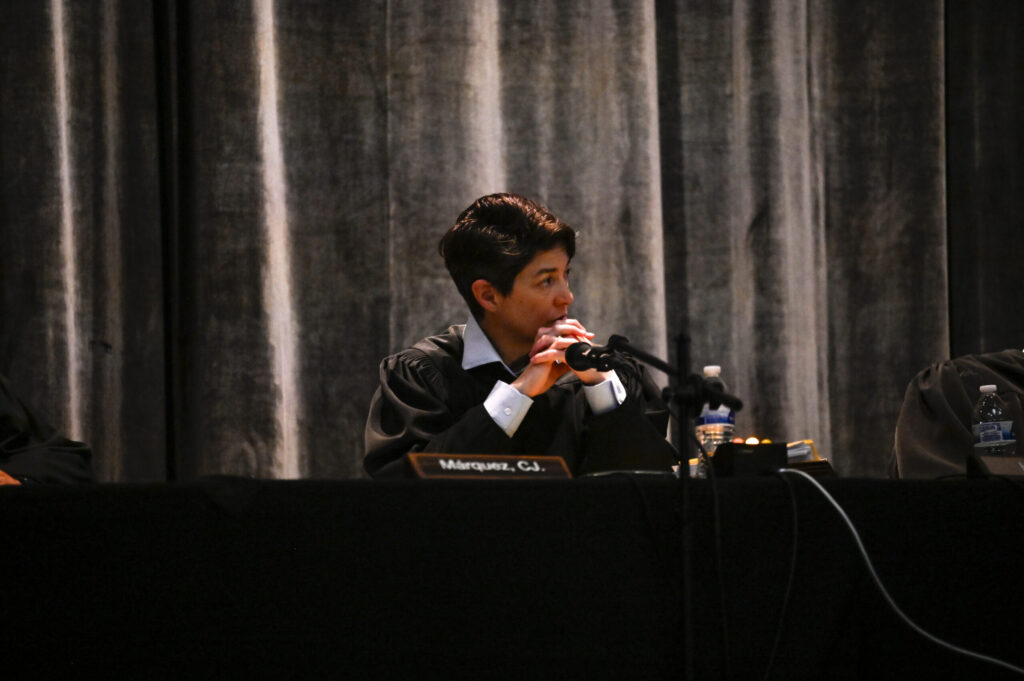Appeals court orders new trial after Denver judge wrongly let defendant represent self

A Denver judge incorrectly found that a defendant understood what he was doing by giving up his constitutional right to counsel, Colorado’s second-highest court concluded on Thursday in overturning the man’s assault convictions.
Criminal defendants are allowed to represent themselves at trial by waiving their right to counsel. However, such a waiver must be “voluntary, knowing and intelligent,” meaning a judge must determine that the defendant understands the relevant circumstances of the case.
A three-judge Court of Appeals panel agreed that had not happened with Jacob L. McCall because his trial judge failed to have a complete conversation with him at the time he allowed McCall to represent himself.
“The record reflects that McCall did not understand many of the issues that the trial court omitted,” wrote Judge Matthew D. Grove in the Oct. 30 opinion. “For example, nothing in the record indicates that the court ever advised McCall of the potential penalties he was facing, much less that he could be subject to an aggravated sentence of between five and sixteen years.”
Case: People v. McCall
Decided: October 30, 2025
Jurisdiction: Denver
Ruling: 3-0
Judges: Matthew D. Grove (author)
Jerry N. Jones
Timothy J. Schutz
Prosecutors charged McCall with two counts of assault. He first appeared in court in January 2021, and it was unclear whether he was eligible for a public defender. Two weeks later, he appeared again and told then-District Court Judge David H. Goldberg he was “working on” getting an attorney. An employee from the public defender’s office said McCall was “making efforts,” but he did not qualify for a public defender.
Goldberg responded that he needed to “move this case forward.” He announced he would give McCall an “Arguello advisement,” named for the Colorado Supreme Court’s 1989 decision in People v. Arguello. The court directed judges to conduct “a specific inquiry on the record” to ensure a defendant understands his criminal case and the choice he is making to represent himself.
Goldberg asked McCall if he had any legal training and if he was under the influence of drugs. McCall answered no to both. Goldberg then described at length to McCall that criminal law is a “complicated area,” that he had the right to call and confront witnesses, and that representing himself was “a great risk.”
“With that,” said Goldberg,” how do you plead?”
Not guilty, responded McCall.
“At no point did the court ask him whether he understood the rights and responsibilities associated with self-representation that it had just described,” wrote Grove in the appellate panel’s opinion.
Months later, McCall qualified for public defender representation after all, and he appeared with a lawyer. In September, three weeks before trial, a private attorney sought to represent McCall, on the condition that the trial be pushed back. Goldberg quickly denied the request without explanation and the private attorney bowed out.
Then, McCall’s public defender sought to withdraw due to conflict with McCall. A separate judge held a conflict hearing, where McCall believed he could adequately represent himself because his public defender was “buried” and “has better things to do.” The judge allowed the public defender to withdraw and told McCall that Goldberg would provide an Arguello advisement.

Several days later, on the first day of his October 2021 trial, McCall appeared with his wife as an “assistant.” Among other issues, McCall argued he was unprepared, he never received an Arguello advisement and he allegedly did not know what the charges against him were.
Goldberg maintained he read the advisement to McCall previously, but McCall insisted he did not know “what is going on really.” Goldberg called the advisement “redundant” and “stale,” but proceeded to summarize what he told McCall in January.
Without seeking McCall’s response, Goldberg concluded he “waived your right to counsel” and “we are proceeding.” Jurors found him guilty.
The Court of Appeals panel determined McCall had not, in fact, relinquished his right to counsel in a knowing and intelligent fashion.
“Instead, the record reflects — outside of two yes or no questions relating to McCall’s legal training and current mental acuity — that the court’s Arguello advisement was more of a monologue,” wrote Grove. “Indeed, the court never asked McCall whether he understood the list of rights that it had just read, nor confirmed that McCall wished to represent himself.”
Goldberg’s statements also did not reflect the totality of what judges should tell a defendant. For example, he did not inform McCall about the possible penalties or about the possibility of having an advisory counsel to consult with. The fact that McCall brought his wife as an assistant, observed Grove, suggests he may have wanted advisory counsel had he been told about it.
“And McCall’s conduct at trial betrayed a fundamental lack of knowledge about procedural requirements, the rules of evidence, and the legal system in general,” concluded Grove.
The panel ordered a new trial.
The case is People v. McCall.












